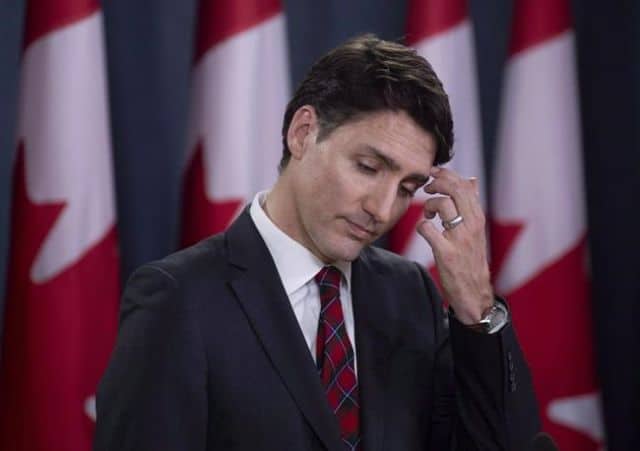
Prime Minister Justin Trudeau’s efforts to run a feminist government should take an extra step to create a universal daycare system, and prevent the funding from being lost in electoral politics, says a leading expert.
The federal treasury is set to spend $7.5 billion over a decade to help fund child-care spaces across the country.
Social Development Minister Jean-Yves Duclos was scheduled to be in Hamilton on Wednesday to talk about the Liberals’ child care commitment, which over the first three years will cost $1.3 billion and potentially create or maintain 40,000 subsidized spaces nationally.
The Liberals have often talked about being a “feminist government,” and while they have taken steps towards that goal, they should consider quickly doing more toward a universal system that could boost women’s participation in the labour force, Brock University’s Kate Bezanson argues in a paper published in the most recent issue of the Journal of Law and Equality.
Bezanson, an expert on feminist policy and chair of Brock’s sociology department, said in an interview there is a disconnect between the scope of policies the Liberals have enacted, particularly on child care spending and new parental leave policies, and the aspirational talk about the gender equality.
In some cases, government policy seems at times to replicate those of the previous Conservative government, which the Liberals frequently criticize.
“That disconnect … is notable for a government that is taking a lot of really important feminist steps,” Bezanson said.
Child care and parental leave may be expensive, she said, but they “also the yield the biggest results and those have been more lightly pressed than we would have imagined from a government that understands itself as a feminist government.”
Her paper also touches on concerns that long-term child care funding could be undone after this fall’s election if the Liberals don’t enshrine the spending into law — which the Liberals plan to do with the $40-billion national housing strategy — so whichever party is elected can’t cancel it.
Promises of transfers to the provinces are only good for three years, after which new funding deals must be signed.
This election year has already started out with questions about the long-term outlook of federal finances, which the Finance Department projects will remain in deficit for about 21 years, not including any new spending. That makes it difficult to commit to any major increases in spending, Bezanson said, noting that child care is often where funding is neglected.


